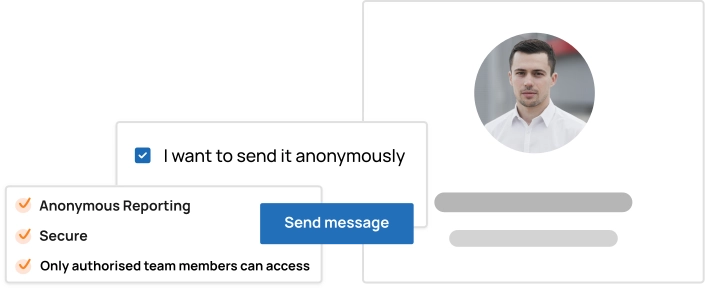Μanage HR without the headaches
Time off tracking
Stay organized with automated time off tracking that keeps balances and schedules up to date. Set up accruals, handle approvals in seconds, synced calendars, you’ll always have a handle on who’s available, helping your team stay organized and productive.

People analytics
Get the insights you need to understand your team at a glance. Track key metrics like headcount, gender ratios, departmental performance, salary distribution, and more. For deeper analysis, export custom reports tailored to your specific needs.

Hiring and onboarding
Find the right people and give new hires a great start. Build a careers page, write job descriptions, manage hiring stages, and keep interview notes in one place. Automate onboarding and sync training to save time and give every new hire a stellar start.

Asset management
Avoid the chaos of misplaced equipment or expired subscriptions. Manage laptops, software licenses, office equipment—even vehicles—with a centralized dashboard. Assign assets to employees, monitor usage, and easily schedule upgrades or maintenance.

Employee performance
Build a stronger, more engaged team. Set up recurring feedback cycles and add custom performance review questions to fit your needs. Identify high performers, address disengagement early, and use reports to drive productivity and growth.

Incident reporting
Create a safe, trusted space for your team’s concerns. Safe Voice enables employees to report issues anonymously and securely. With clear transparency on who receives reports and no logs kept, it fosters trust and empowers every voice to be heard.

AI that assists, not replaces
AI can be a powerful tool for efficiency and productivity, but it shouldn’t be everywhere just for the sake of it. At TalentHR, we integrate AI where it truly adds value—helping you get started faster and speed up repetitive tasks, without getting in the way. All our AI tools are available as an option, ready when you need them, but never a replacement for your expertise and critical thinking.
Our motto? Use it when it makes sense, ignore it when it doesn’t. Let AI handle the tedious tasks, while you stay in control.

Built for founders, loved by HR professionals
The all-in-one HR software businesses rely on
Consistently ranked as a leader by software reviewers and the teams who use it every day

A product of Epignosis
Epignosis is a global leader in workplace technology, trusted by over 11,000 businesses across the world. All Epignosis products are built with the latest technology and share the same privacy principles. Your company data and employee information stay safe with us.





